Description
In Depth
CAL provides a superior blend of highly absorbable calcium malate and calcium citrate, balanced with magnesium malate and citrate to ensure optimal bone health and calcium metabolism. This advanced formula goes beyond just calcium, incorporating key cofactors—vitamin D3 and K2—to guide calcium into the bones while preventing unwanted deposits in soft tissues. Essential minerals like zinc, manganese, strontium, and boron work synergistically to enhance calcium utilization, support bone density, and promote overall skeletal strength. Designed for maximum bioavailability, CAL ensures efficient calcium absorption even in those with low stomach acid. Scientific research confirms that maintaining adequate calcium and vitamin D levels, combined with a healthy diet and regular exercise, can significantly reduce the risk of osteoporosis and support long-term bone health.
Key Features
- Calcium Malate and Citrate are highly absorbable forms of calcium that dissolve easily in water. Once digested, they release ionic calcium, which is efficiently absorbed through the intestinal wall—even in cases of low stomach acid. These calcium forms support strong bones, natural calcium retention, and do not contribute to kidney or gallstone formation. Some studies suggest that calcium and magnesium may interfere with each other’s absorption, but these studies often use inferior forms of these minerals. The CAL formula includes vitamin D3 for active transport and quick ionization of calcium and magnesium, ensuring optimal absorption and maintaining the proper calcium-to-magnesium ratio.
- Magnesium Malate and Citrate are superior forms of magnesium that enhance its absorption and cellular use. Magnesium malate supports energy production and muscle function, while magnesium citrate helps regulate blood levels and promotes healthy bowel motility.
- Vitamin D3, or cholecalciferol, is essential for calcium absorption and its proper utilization in bone formation. It works alongside vitamin K2, boron, and strontium to direct calcium into the bones rather than allowing it to accumulate in soft tissues. In addition to supporting bone health, vitamin D3 plays a key role in DNA synthesis and cellular metabolism.
- Vitamin K2 is now recognized as a crucial companion to vitamin D3. Without K2, calcium transported by vitamin D3 can end up in arteries and the heart, contributing to plaque formation. However, with sufficient K2, calcium is directed to the kidneys for processing and then stored in the bones, improving bone density. A new clinical standard emphasizes the importance of K2 when supplementing with vitamin D3 to protect soft tissues and optimize calcium metabolism.
- Zinc is a vital cofactor in calcium and magnesium metabolism, supporting vitamin D3’s role in bone health, immune function, and neurotransmitter activity. Often overlooked in bone health protocols, zinc is essential for bone density and remodeling. It also plays a crucial role in insulin-like growth factor (IGF), a protein necessary for maintaining strong bones. Research has shown that zinc helps prevent bone breakdown by osteoclasts while supporting proper bone regeneration.
- Manganese is an essential mineral for bone development and maintenance throughout life. Studies show that when combined with calcium, magnesium, vitamin D3, boron, and zinc, manganese enhances bone mass and strengthens bones prone to osteoporosis. Research from Oregon State University highlights manganese’s role in activating enzymes that promote bone repair and reduce oxidative stress.
- Boron is a key mineral that enhances calcium absorption in the bones. A study titled “Nothing Boring About Boron” found that boron is essential for both bone growth and maintenance, reinforcing its importance in any bone health protocol.
- Strontium is a trace mineral that strengthens bones by helping store calcium and improving bone density and tensile strength. While the exact mechanism is still under scientific investigation, over 100 research studies confirm strontium’s vital role in supporting bone health and preventing osteoporosis.
Essential Ingredients
- Calcium Malate & Citrate
- Magnesium Malate & Citrate
- Vitamin D3
- Vitamin K2
- Zinc
- Manganese
- Strontium
- Boron
Directions
Take 5 capsules daily, or as directed by your health care professional.
Warnings
Professional grade. Keep away from heat, sunlight, and children.
Quality Guarantee
cGMP facility
Non-GMO
Gluten Free
Frequently Asked Questions
Who can benefit most from CAL?
CAL is ideal for individuals looking to support bone health, prevent osteoporosis, maintain cardiovascular health, and ensure proper calcium metabolism. It is especially beneficial for older adults, postmenopausal women, and those with a history of bone loss or fractures.
What makes CAL different from other calcium supplements?
CAL features highly bioavailable calcium malate and citrate, which are easily absorbed even in individuals with low stomach acid. It also includes magnesium malate and citrate, vitamin D3, vitamin K2, and essential trace minerals like zinc, manganese, strontium, and boron to ensure optimal calcium utilization and bone health.
Why does CAL contain both calcium and magnesium?
Calcium and magnesium work together to support bone strength, muscle function, and overall metabolic health. The malate and citrate forms in CAL ensure they do not interfere with each other’s absorption, providing a balanced approach to bone and mineral metabolism.
How does Vitamin D3 and Vitamin K2 help with calcium absorption?
Vitamin D3 enhances calcium absorption in the intestines, while vitamin K2 ensures that calcium is properly deposited into bones instead of accumulating in arteries or soft tissues. Together, they play a crucial role in maintaining bone density and cardiovascular health.
Does CAL contribute to kidney stones or calcification?
No. CAL uses calcium malate and citrate, which are highly absorbable and do not contribute to kidney stone formation. Additionally, the presence of vitamin K2 ensures calcium is properly directed to the bones, preventing unwanted calcification in soft tissues.
Is CAL suitable for individuals with low stomach acid?
Yes. The calcium and magnesium in CAL are in malate and citrate forms, which dissolve easily and do not require high stomach acid levels for absorption, making it an excellent option for those with digestive challenges.
Can CAL be taken alongside other supplements?
Yes. CAL is designed to complement a well-rounded supplement regimen. However, if you are taking high doses of other minerals or medications, consult with a healthcare professional to ensure proper balance and avoid interactions.

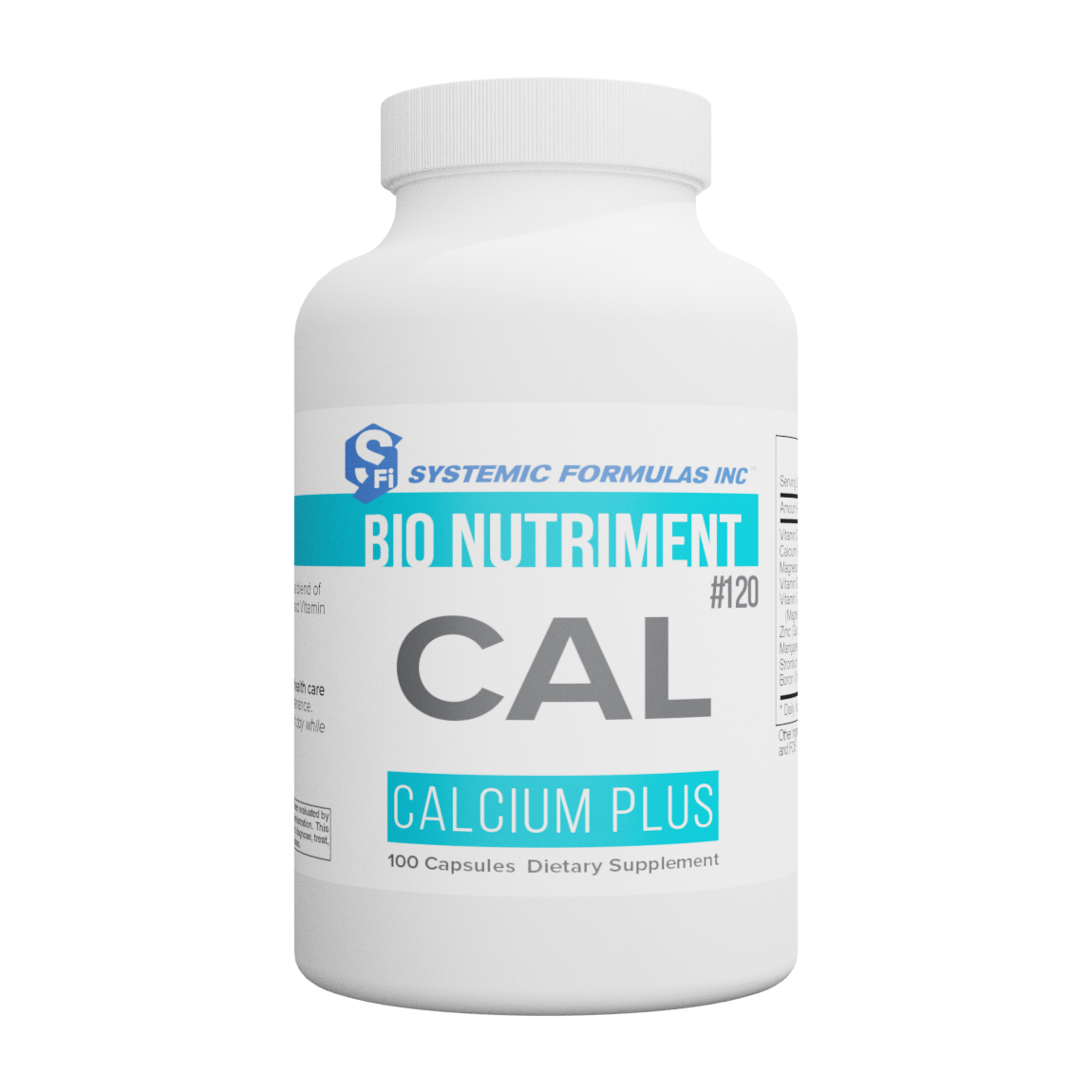
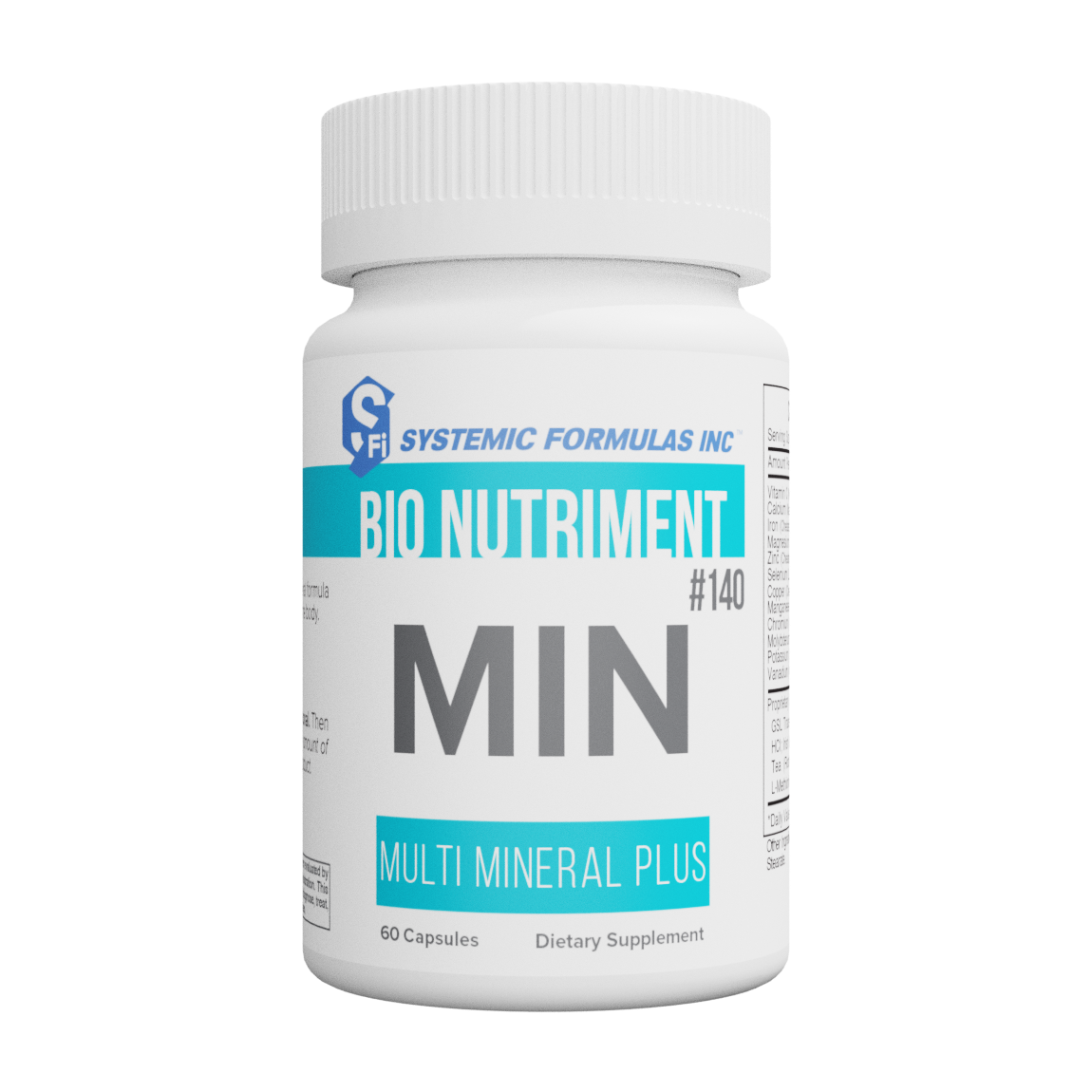
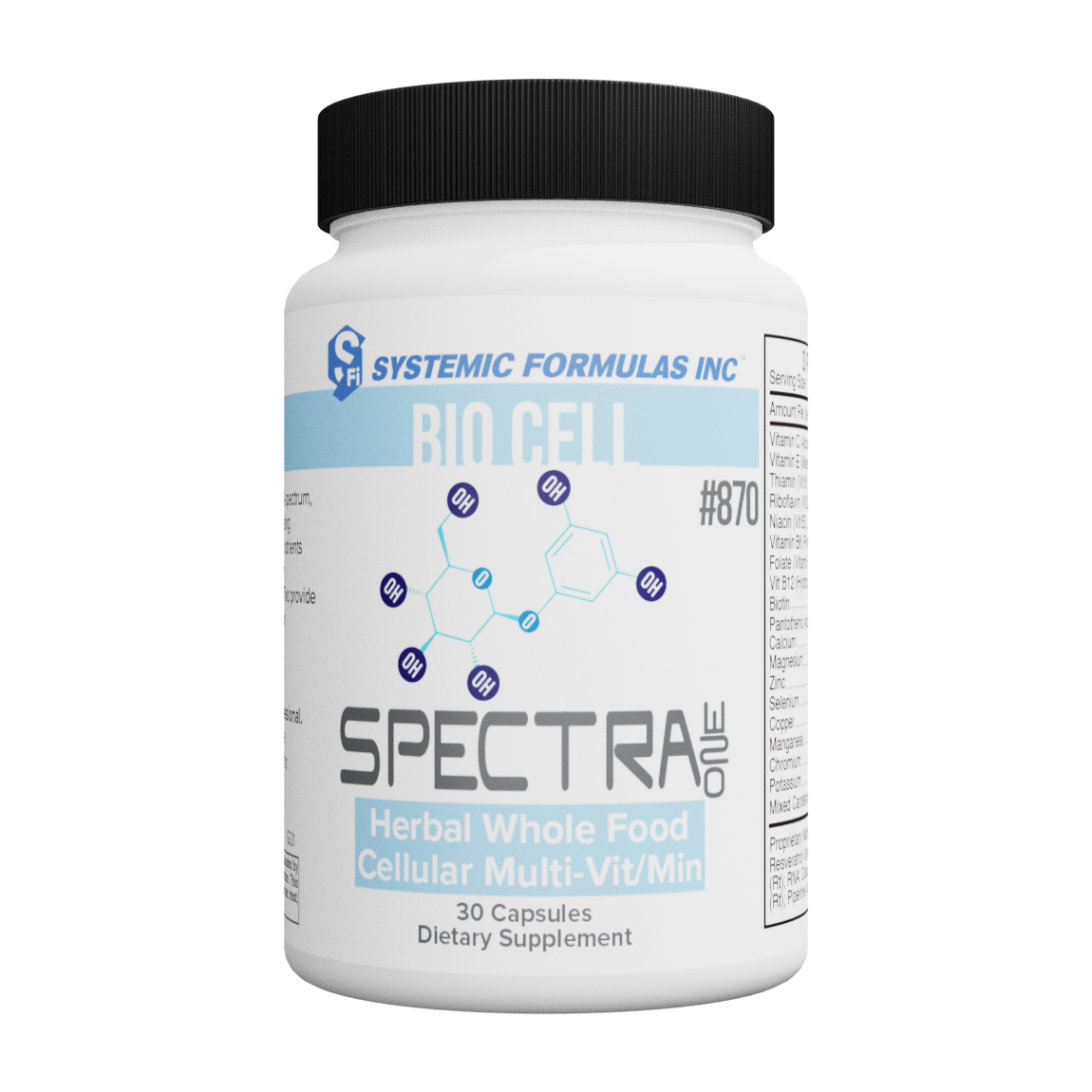
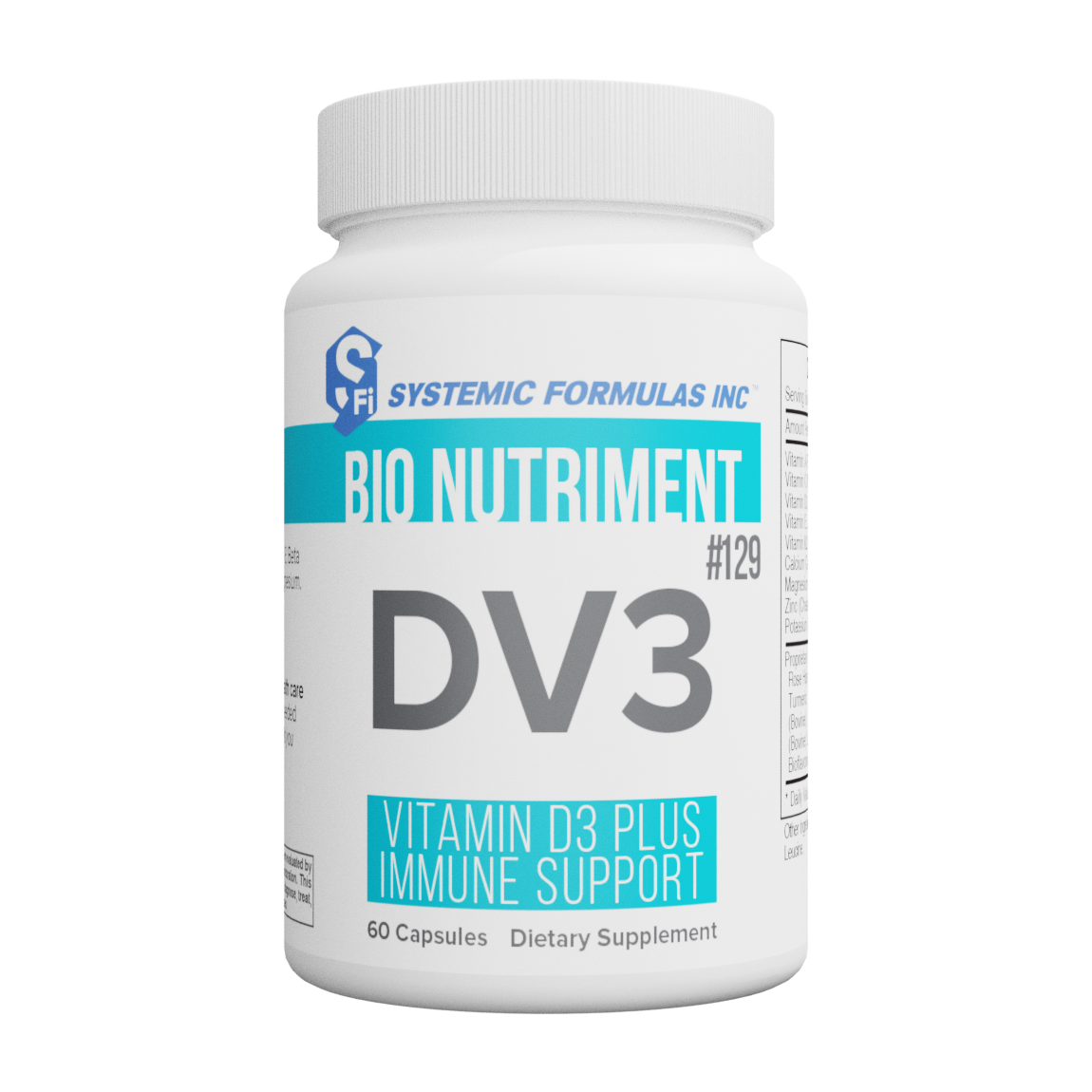
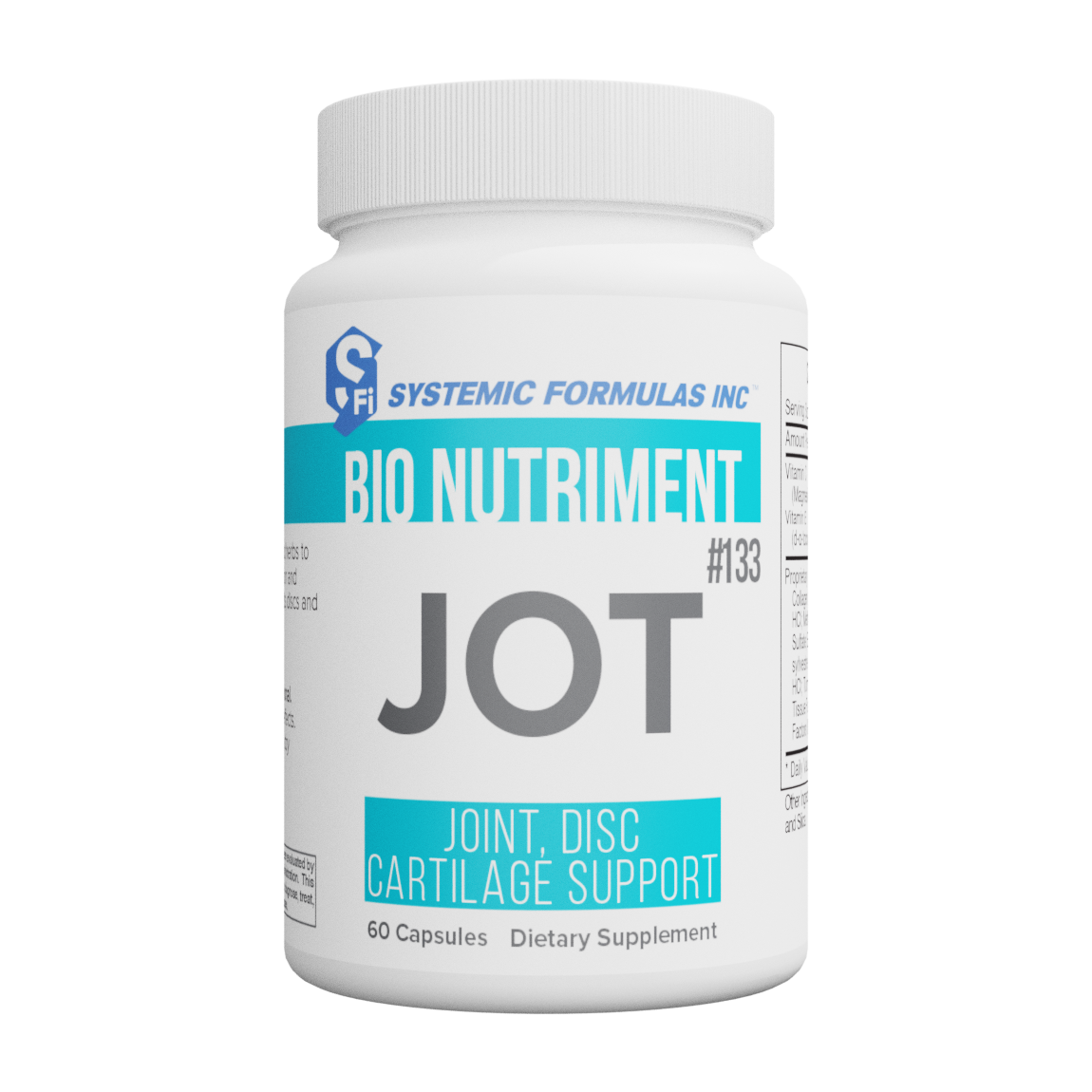
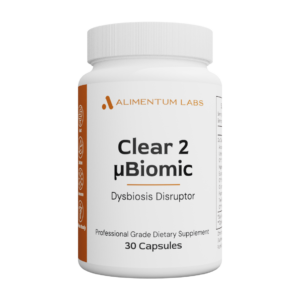
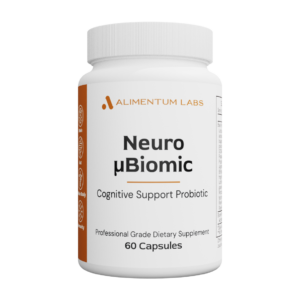

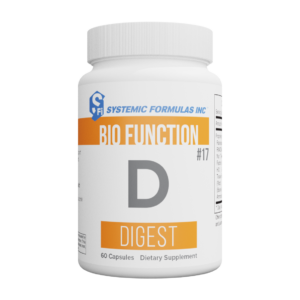

There are no reviews yet.